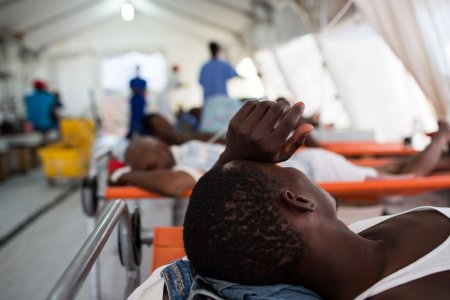 Thomas Freteur
Opinion
Thomas Freteur
Opinion
The plague and cholera
09/10/2013Three years after it occurred, Haiti's cholera epidemic is still in the news.
 Thomas Freteur
Opinion
Thomas Freteur
Opinion
Three years after it occurred, Haiti's cholera epidemic is still in the news.
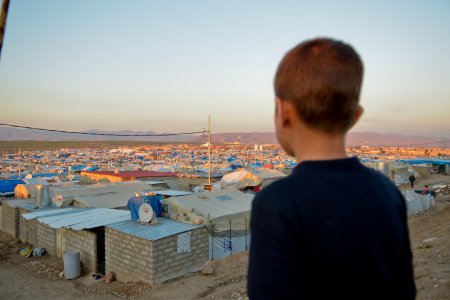 Pierre-Yves Bernard
Opinion
Pierre-Yves Bernard
Opinion
While European Union members are debating the lifting of arms embargo on Syria, populations living in opposition held territories continue to be severed from desperately needed humanitarian aid. Yet, there is a controversy among aid agencies on the best ways to scale up relief activities in Syria.
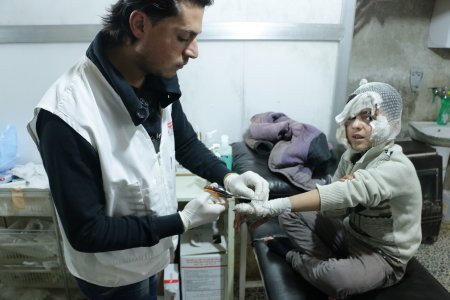 MSF
Interview
MSF
Interview
In June, MSF opened a hospital in the Idlib region in northern Syria, an area under rebel control. Located behind the front lines, the hospital has 15 beds and a staff of approximately 50, including 10 international MSF workers.
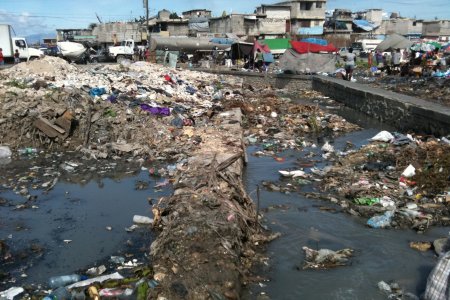 Aurelie Baumel
Opinion
Aurelie Baumel
Opinion
Two scientific studies published last year confirmed the origin of the cholera epidemic that struck Haiti in October 2010. It was indeed caused by massive amounts of the bacterium Vibrio cholerae in the Artibonite river delta, originating from the sewage in the Minustah soldiers' camp.
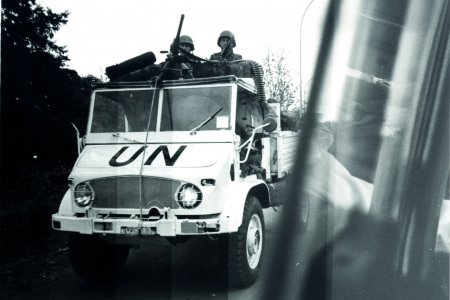 Xavier Lassalle
Opinion
Xavier Lassalle
Opinion
The United Nations has again raised the question of the implication of the Rwandan Patriotic Front (RPF) - in power in Rwanda since July 1994 - in crimes committed between 1993 and 2003 in the Democratic Republic of Congo.
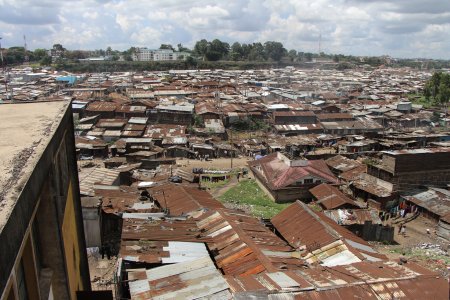 Jean-Christophe Nougaret
Opinion
Jean-Christophe Nougaret
Opinion
The main objective of the United Nations Development Millennium Goals - a consensus if ever there was one - is to end poverty.
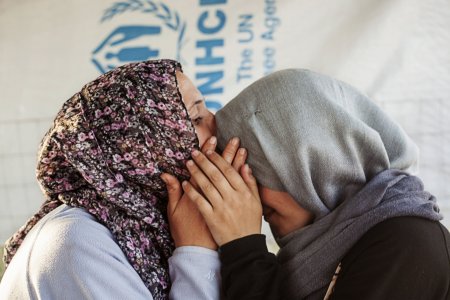 Raghad El Souad
Opinion
Raghad El Souad
Opinion
UN Women was created in July 2010, after intense negotiations between United Nations member states and women's rights organizations. This new structure will take over the mandates of the four UN organizations heretofore devoted to gender issues.
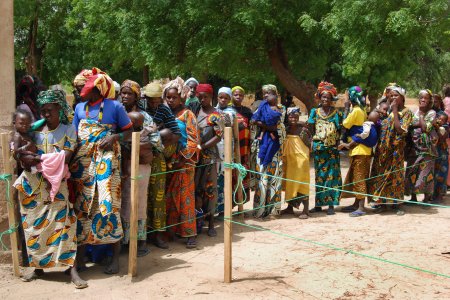 Karine Klein
Analysis
Karine Klein
Analysis
Using Niger as an example, this text seeks to explore the dilemmas involved in medical responses to child malnutrition when such malnutrition is endemic (strong, permanent presence) and gives rise to seasonal peaks (epidemics) each year.
The earthquake that devastated Port-au-Prince and neighboring areas has led to a worldwide surge of solidarity which we must fully appreciate because no country could face such a disaster on this scale alone.
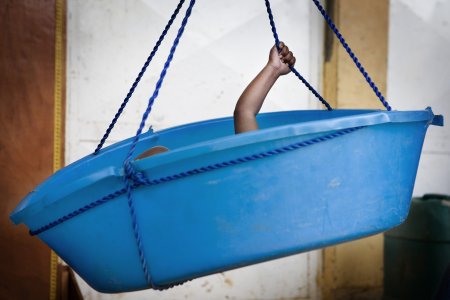 Robin Utrecht
Opinion
Robin Utrecht
Opinion
In 2008, Southern Ethiopia was the epicentre of a vast nutritional intervention: more than 100,000 malnourished children received assistance from a mix of actors including both international actors and local health facilities.
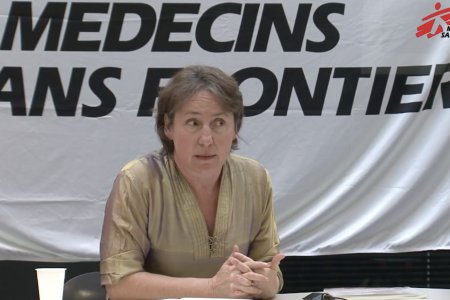 Jacob Zocherman
Conference
Jacob Zocherman
Conference
In 1998 MSF decided to support the creation of the International Criminal Court. 10 years later MSF stated that it ‘would not cooperate and would not transmit any information to the ICC'. How can we explain this change of position?
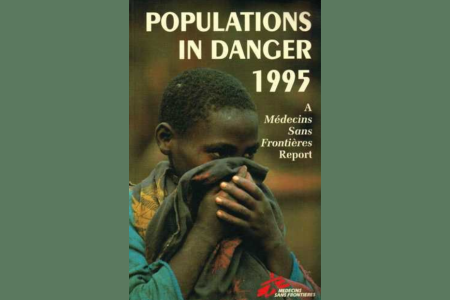 Book
Book
« Never again »: in the wake of the second World War, the terror caused by the Holocaust led the community of states to condemn genocide as a crime and to create a new international organization, the United Nations. And yet, half a century later, the international community did nothing to prevent the first undeniable genocide since that of the Jews: it let the massacre of the Rwandan Tutsis and merely sent humanitarian aid, even though it was nearly over.